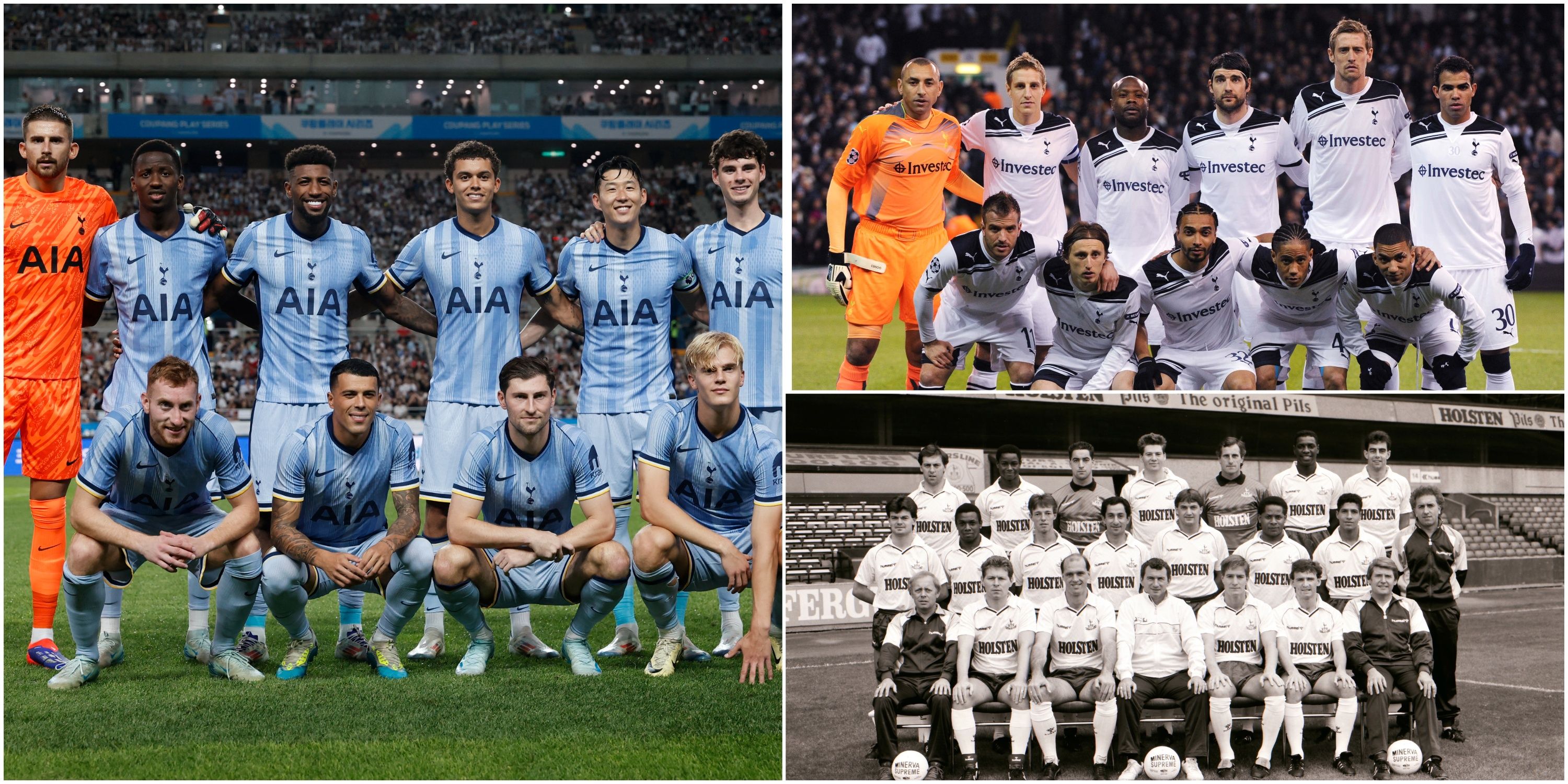Key Takeaways
The name 'Hotspur' originates from the famed English knight Sir Henry Percy, known for his fierce character on and off the battlefield.
Tottenham Hotspur's inception includes a unique blend of local pride and historical homage.
'Spurs' is a widely used nickname for Tottenham Hotspur, originating simply from shortening the club's full name, but reflects the club's constant drive and action.
Tottenham Hotspur, commonly known as Spurs, are one of only six clubs never to have been relegated from the Premier League. Given their longstanding presence in English football’s top tier, you’d think fans and the media would have settled on calling them either ‘Tottenham Hotspur’ or ‘Spurs’ by now.
Unusually, Tottenham are the only club in England regularly referred to by their nickname, with ‘Spurs’ becoming a common shorthand in the sport. Yet, there’s something undeniably more professional and traditional about saying the full name, Tottenham Hotspur - a name that emits pride, history, and a sense of glory. But why exactly is the ‘Hotspur’ part of their name? Let’s dive into the history of one of the biggest football clubs in London.
The Origin of ‘Hotspur’
Sir Henry Percy's influence
When you think of Premier League club nicknames in football, the historical origins aren’t usually the first thing that comes to mind. However, the name ‘Hotspur’ has a unique and fascinating backstory that begins with Sir Henry Percy, an English knight known for his fiery and fearless character on the battlefield. Percy’s reputation for speed and tenacity earned him the nickname ‘Hotspur’- a reference to the hot spurs on his boots which he used to drive his horse forward with incredible speed.
Percy’s legacy extended beyond the battlefield and into English literature. The knight was mentioned by none other than William Shakespeare, who featured him as ‘Harry Hotspur’ in the play King Henry IV, Part 1.
Even today, the echoes of Percy’s importance are close to home for Spurs fans. Percy House, now home to the Tottenham Hotspur Foundation, was built by his descendants and stands right next to the Tottenham Hotspur stadium.
The Birth of 'Tottenham Hotspur'
A name rooted in 19th-century tradition
Tottenham have a unique history, dating back over 140 years. But what made the folk of 1882 add the word ‘Hotspur’ to the name of their local football club? Well, what if we said ‘Hotspur’ came before the word ‘Tottenham’?
In 1882, a group of schoolboys from Tottenham High Road formed a cricket club called Hotspur Cricket Club. Seeking a sport to occupy them during the winter, they established Hotspur Football Club.
Led by 13-year-old captain Bobby Buckle, the youthful squad sought guidance from local teacher John Ripsher, who became the first president of the club. However, by 1884, confusion arose as their mail was frequently mixed up with that of another London club called Hotspur FC. To resolve this, the club rebranded by adding ‘Tottenham’ which honoured the local area in which the club was founded.
Thus, Tottenham Hotspur Football Club was born. A team with a mix of local pride and a nod to Percy’s bold, aggressive spirit. It’s a blend that still shines through today in the club’s fast-paced, attacking style of play, famously known as ‘The Tottenham Way.’
Why 'Spurs'
A nickname born out of convenience
While many clubs have nicknames, none are used as frequently as ‘Spurs’ for Tottenham Hotspur. You rarely hear Arsenal called ‘The Gunners’ or Manchester United referred to as ‘The Red Devils’ in everyday conversation, but Tottenham’s nickname has become almost synonymous with the club itself.
However, unlike the grand history behind the name ‘Hotspur,’ the nickname ‘Spurs’ has a far simpler origin - it’s just shorter. Over time, fans and commentators have grown accustomed to this smaller version and find it easier to say than the club’s full name. Some might call it lazy, but it has become an integral part of the club’s identity.
The word ‘spur’ itself carries two meanings. One being the small spike that urges a horse forward, and two, something that prompts or drives an action. These definitions perfectly embody a club that constantly seeks to be on the front foot.
With that history lesson wrapped up, remember Sir Harry Hotspur the next time you hear 'Come On You Spurs' ring around the Tottenham Hotspur Stadium. Or maybe think of 13-year-old Bobby Buckle, whose youthful leadership helped kickstart the club’s incredible journey.
